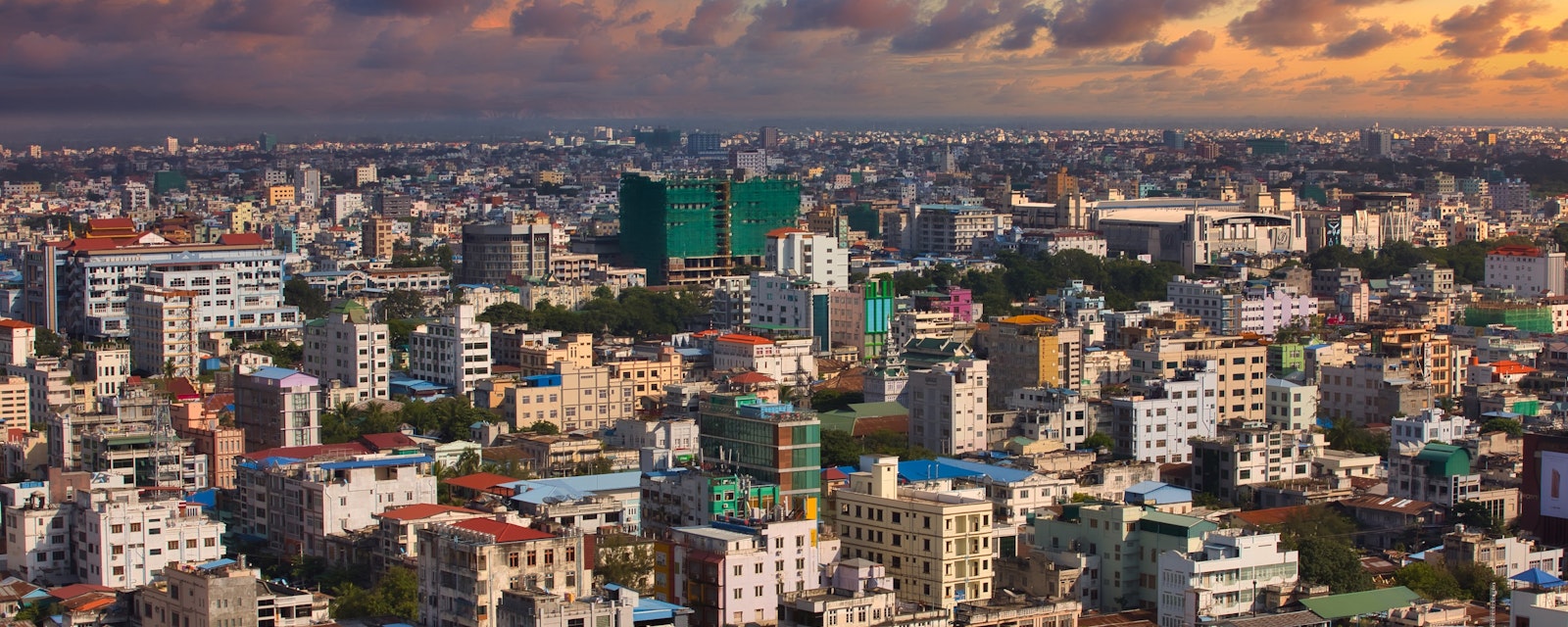The new government has charged Aung San Suu Kyi with violating the country’s export-import laws, which carries a possible three-year jail term. Apparently, her staff had about 10 imported walkie-talkies. The intention may be to justify her immediate and continued detention, since other MPs from the National League for Democracy (NLD) who were detained on Monday, as well as scores of other local officials initially arrested, have been released and asked to return home.
The military’s short-term goal in keeping her out of the public eye may be to prevent popular support from coalescing around her. Although Aung San Suu Kyi’s image abroad has been tarnished the past few years, she remains very popular among the country’s citizens; her image, and the three-fingered salute that was also adopted by anti-government protesters in Thailand, is again being used to rally pro-democracy supporters on social media. Over the longer term, the case and any potential conviction could be used to deny her a chance to run should elections be held next year.
The key question is whether there will be demonstrations on the streets and the possible government response. A small street protest, the first after the coup, was held on 4 February in the country's second largest city, Mandalay, but quickly dispersed and led to arrests. There have been some manifestations of public discontent — a nighttime noise barrage and some work stoppages. The generals likely recognize that even these small protests could snowball into a national movement. On 4 February, the government asked the local telecommunications firms to block Facebook and Messenger, the most common messaging service for both individuals and businesses, although sporadic access was still possible; WhatsApp and Instagram are also inaccessible — all with the likely goal of making it more difficult for protesters to mobilize.
The generals’ tolerance for dissent is unknown. Senior Gen. Min Aung Hlaing was appointed by former junta leader Than Shwe in 2011. It was Than Shwe who had ordered the bloody dispersal of monks in 2007 during the Saffron revolt, a decision that reportedly put him at odds with his number two, General Maung Aye. On which side Min Aung Hlaing stood during those days is not widely known, but since he was Than Shwe’s protégé since the 1990s, his promotion would have been unlikely during the critical days of the democratic transition unless he had the former junta leader’s trust.
Effective Sanctions Won’t be Easy
How the government treats early manifestations of dissent or the extent to which it suppresses any efforts at anti-government mobilization will matter not only for social stability and possible internal political outcomes, but will also likely influence how strongly western governments can coordinate their foreign policy and possible sanctions responses. After all, formulating effective sanctions are likely to take time and will require diplomacy and coordination with regional governments. Quick unilateral US action may provide symbolism, but for sanctions to bite, there will have to be cooperation from Asian countries — Japan, South Korea, Singapore and Thailand — since their companies are the most invested in Myanmar. However, these investors will likely lobby their governments to avoid automatically following Washington’s lead and temper proposed western actions. There is also some recognition that broad sanctions could hit the country’s citizens the hardest, especially since the military and well-connected enterprises are still likely to have access to cash. A violent reaction to any protest movement or overt suppression will, however, likely increase the pressure on western governments to act faster.
The uncertainty generated by this near-term risk has already started to become evident. Amata, Thailand's largest industrial estate developer, has temporarily stopped work at its USD 1bn, 2,000-hectare industrial park in Dawei, which is targeted mainly at Japanese firms. The company said it was worried about the effect of sanctions on inbound investment. Most businesses that have so far stopped operating are doing so out of public safety concerns, but their decisions are also likely to eventually reflect the economic uncertainty generated by political events.




